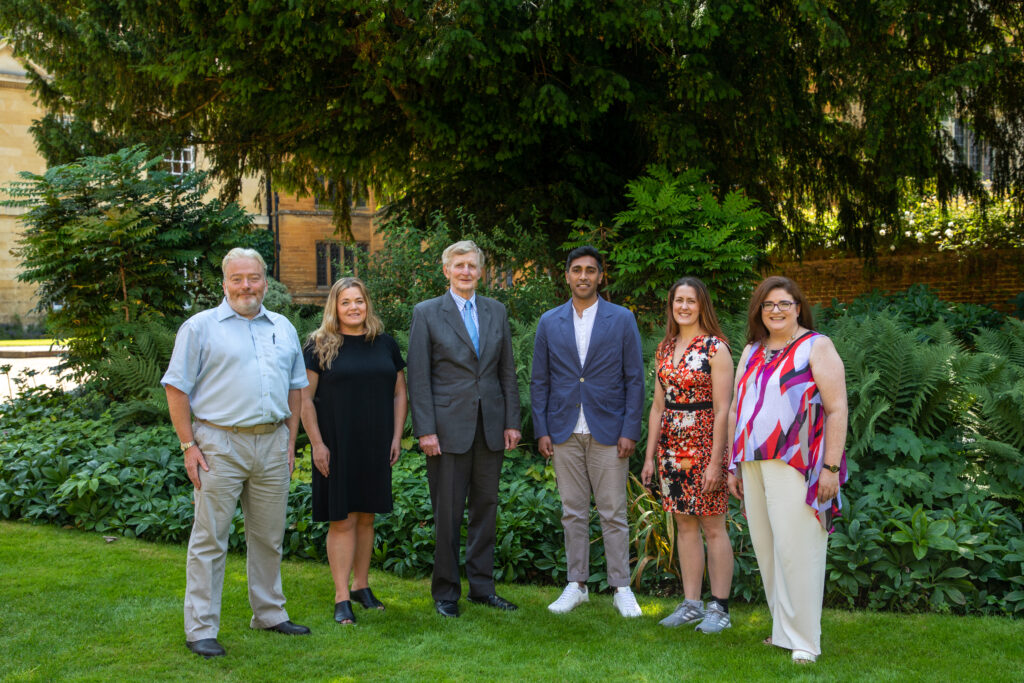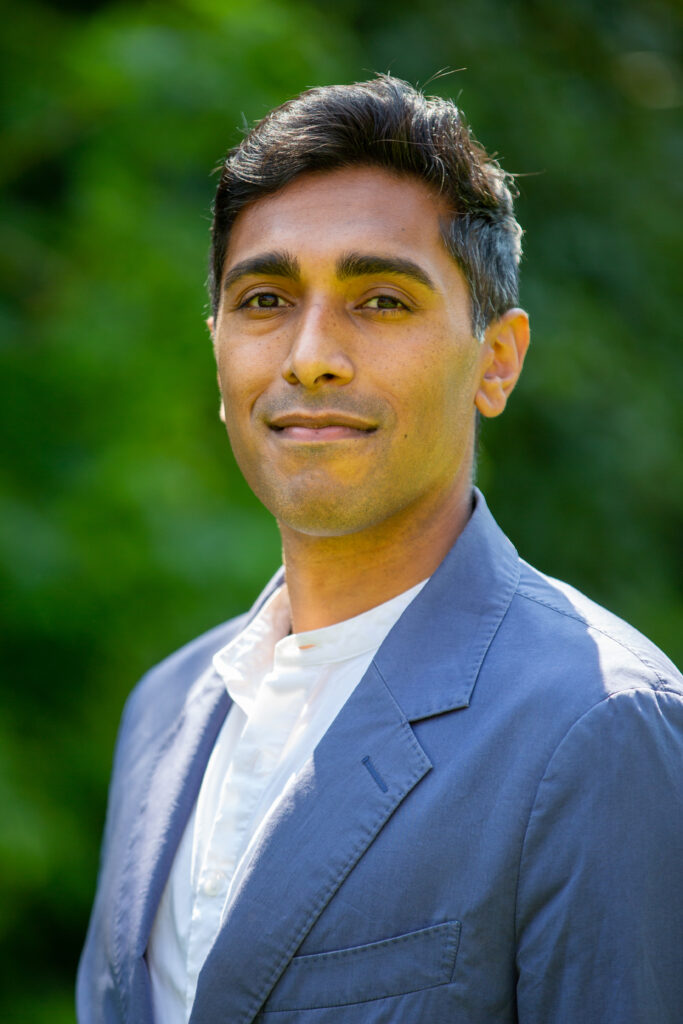Written by Sashy Nathan, co-Founder of Commons Legal and winner of the 2021 Cambridge Social Innovation Prize.
Winning the Cambridge Social Innovation Prize
The Cambridge Social Innovation Prize has given Commons a huge lift in working towards the ambitions we set ourselves as a social enterprise law firm.
Being recognised as an innovator and a sustainable model of practice that tackles real social injustices has given me and the Commons team greater confidence that we can push for criminal justice reform. As a prize-winner, I spent many hours with my business mentor, the late Mark Goodson, who steered me through some of the common issues a social enterprise faces when it is growing out of start-up phase. This ranged from governance to budgeting to growth plans and identifying gaps in our business outlook and probing where we could invest internally more, in terms of time and money. I also attended meetings with other prize winners as well as dinners with Cambridge University legal academics which helped me broaden my horizons and forge new connections.

The work of Commons
Working in a criminal defence legal aid firm is an incredibly challenging career. Our solicitors, trainees and paralegals are on-call twenty-four hours a day, seven days a week so that we can respond to our clients when they are arrested and detained in a police station. We deal with some of the most vulnerable people in society who are facing acute crises whether that be in relation to mental health, homelessness, unemployment, or family breakdowns, amongst many other situations. Commons’ mission is to deliver social justice through legal practice and is informed by the following principles and objectives:
• We challenge the structural inequalities and discrimination which impact on many of our clients’ legal cases.
• We ensure that each case we take on is properly resourced, and reinvest income earned into delivering a high-quality service for all our clients.
• We remain at the cutting-edge of our field of expertise.
• We provide our clients with practical and emotional support, seeking to counter the negative and traumatising effects of interaction with the criminal justice system.
• We listen to and learn from our clients to improve and develop our services.
• We use our experience as practitioners to push for wider changes in policy and practice.
• We collaborate with others working to support those affected by criminalization: we do this by sharing information, resources, and expertise, and by building networks.
Our team needs to be on top of all the latest developments in criminal law practice as well as understand our obligations as a heavily regulated legal profession. On top of this, as a legal aid provider, we are required to undertake bureaucratic tasks which seem completely out of sync with the digital age and to navigate our clients through an under-resourced criminal justice system experiencing huge delays and problems. We see the worst culmination of structural inequalities in society which have been exacerbated over the last fourteen years by short-termist cuts to public services.
The importance of social entrepreneurship
Social entrepreneurs have a key role to play in ending structural inequalities and moving us away from the outdated paradigm of poorly taxed excesses in some parts of the private sector and under-resourced societal needs in the charitable or state sector. I hope more and more change-makers embrace the possibilities that social enterprise affords.
Apply for the Cambridge Social Innovation Prize
The Cambridge Social Innovation Prize bridges the gap between rising star and lifetime achievement awards by focusing on social entrepreneurs who are at the mid-career stage. The award judges know that often the individuals applying have been so focussed on their social impact, they have not had time to invest in their own professional development to the detriment of their potential social impact.
Now in its sixth year, the prize is the cornerstone of an ongoing collaboration between Cambridge Centre for Social Innovation at Cambridge Judge Business School and Trinity Hall, one of the oldest colleges at the University. Supported by a generous donation from University of Cambridge (Trinity Hall) alumnus Graham Ross Russell.
Anyone wishing to apply can view the criteria and application forms via prize website – https://www.jbs.cam.ac.uk/faculty-research/centres/social-innovation/cambridge-social-innovation-prize/



Leave a Reply